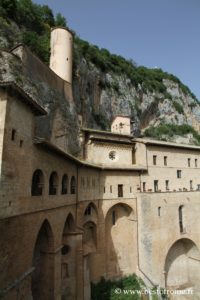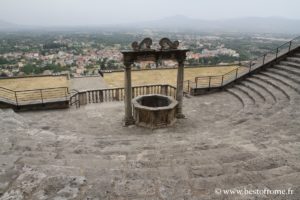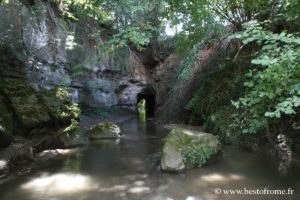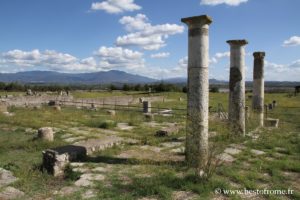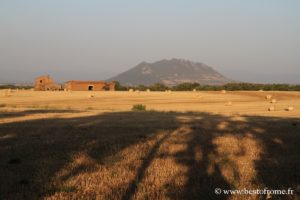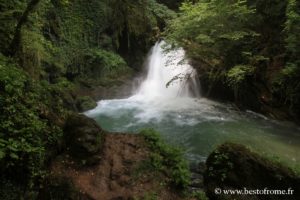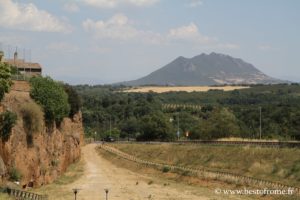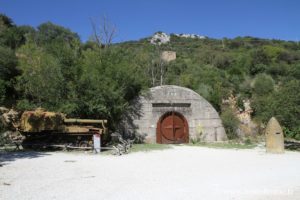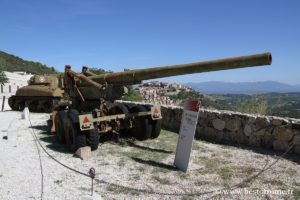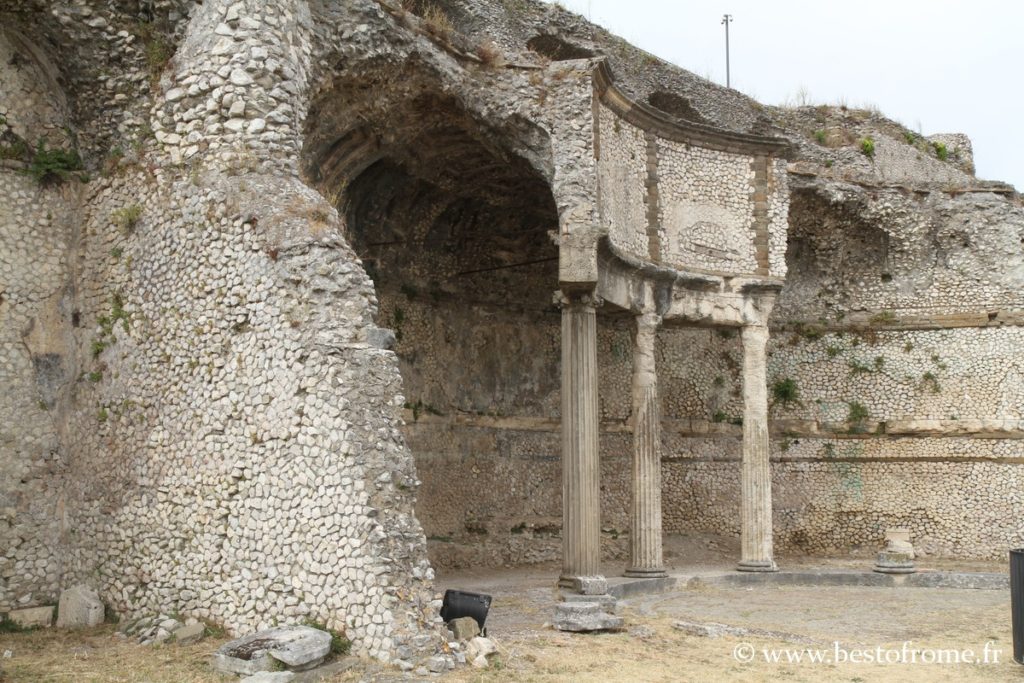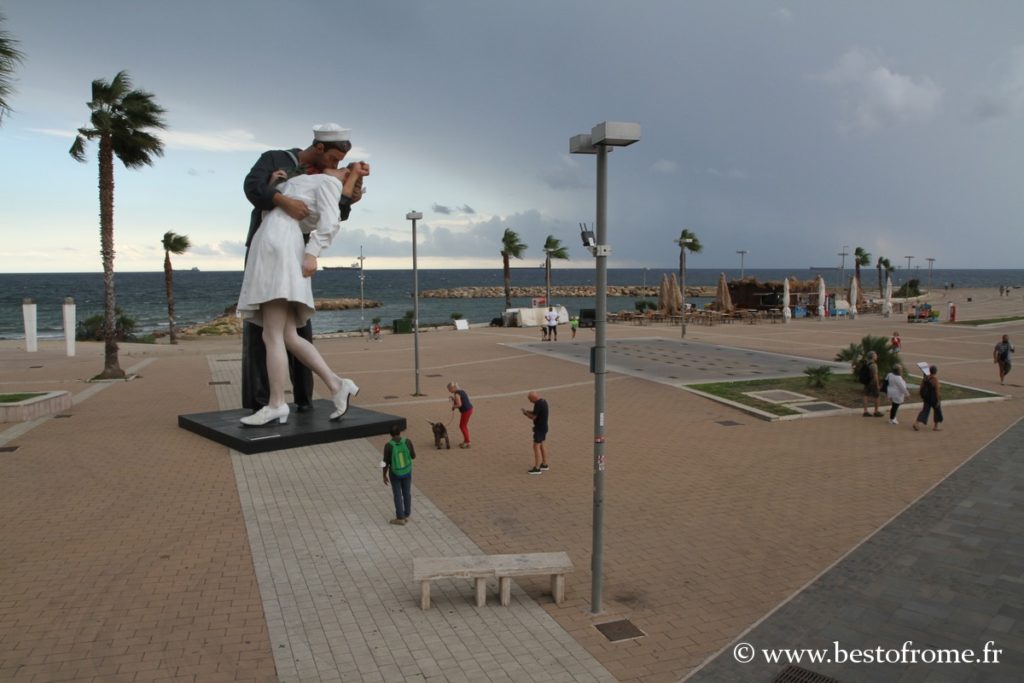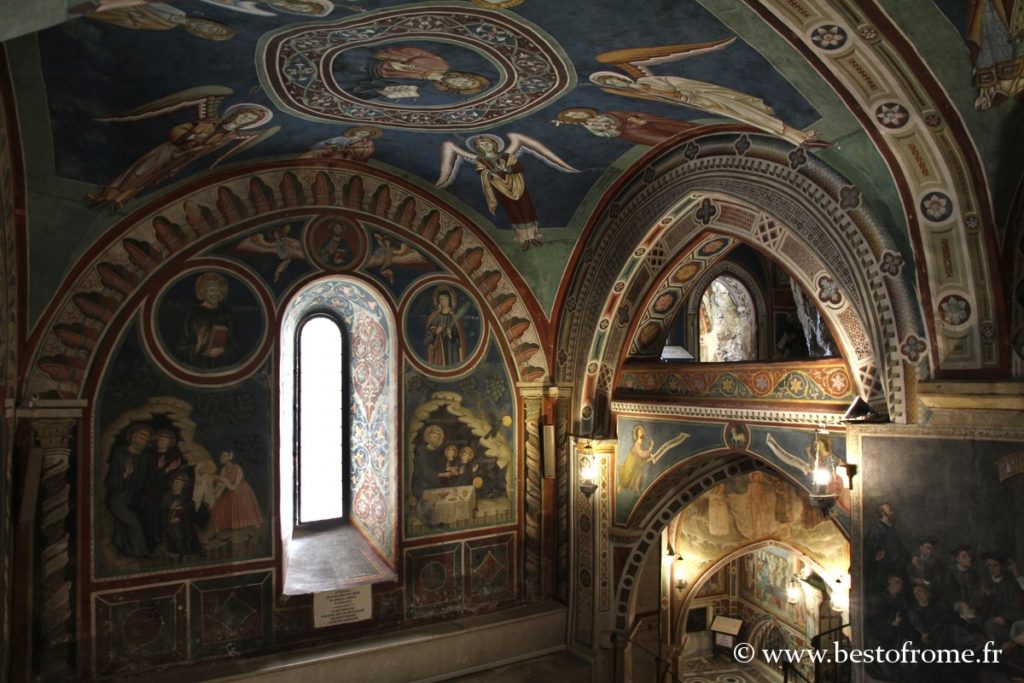Find the main places of the province of Rome on the page of the Surroundings of Rome, with the articles dedicated to Ostia and the archaeological park of Ostia Antica; Tivoli with the Villa d’Hadrien and the Villa d’Este; the Roman Castles; Lake Bracciano and Treja Valley; the coast of Anzio to Civitavecchia; Cerveteri and other Etruscan sites.
Most interesting places
Veii and the natural park of Veio
Less than 20 km from the centre of Rome was the powerful Etruscan city-state of Veii, conquered during the expansion of Rome, and almost disappeared since. Today the site keeps few visible traces of its past, outside structures with earthworks and necropolis. But the site, covered with fields and viewpoints is suggestive. It is part of the vast natural park of Veio which extends between Via Flaminia and Via Cassia.
Subiaco and its surroundings
Near the village of Subiaco, the Monastery of Saint Benedict or Sacro Speco is built on a cliff in the foothills of the Simbruini Mountains. It was founded by Benedict of Nursia himself in the 6th century – founder also of the Benedictine order- after he stayed in a cave of the site, called “Sacro Speco” (Holy Grotto). The two churches have superb frescoes from the 13th to the 15th centuries.
Palestrina
Palestrina, the ancient Praeneste, was an important Latin city before being conquered by the Romans. It was famous for its large oracular sanctuary of Fortuna Primigenia, of which there are important remains and a museum.
Monte Soratte
Monte Soratte is a curious mountain that rises in the middle of a vast plain of the Tiber, south of Civita Castellana (see page about the province of Viterbo). Its eastern side is occupied by the pretty village of Sant’Oreste, while the mountain, always linked to myths and religions, is inscribed in a protected park with several sanctuaries. The south flank was dug for a military shelter in 1937, occupied by the Germans in 1943-44, converted during the Cold War into a fallout shelter. Today demilitarized, you can visit part of the 4 km of galleries.
Feronia
Archaeological site of Feronia (Lucus Feroniae) which had an important commercial function and especially an important religious sanctuary, where Latins, Sabins and Etruscans met, before becoming a small Roman town.
Civitavecchia
Civitavecchia is a medium-sized port city, largely destroyed during the Second World War, which however has the charm of a popular city living by the sea. It has an extensive seafront promenade, a coastal fortress and a very small old centre.
Monti Simbruini and Monti Lucretili
The Simbruini Mountains (Monti Simbruini), on the slopes of the Apennines that exceed 2000 meters, in a protected reserve.
The Lucretili Mountains (Monti Lucretili), southern part of the Sabina region, with its peaks at nearly 1000 meters and its villages.
Photo gallery
Map
If you see this after your page is loaded completely, leafletJS files are missing.









